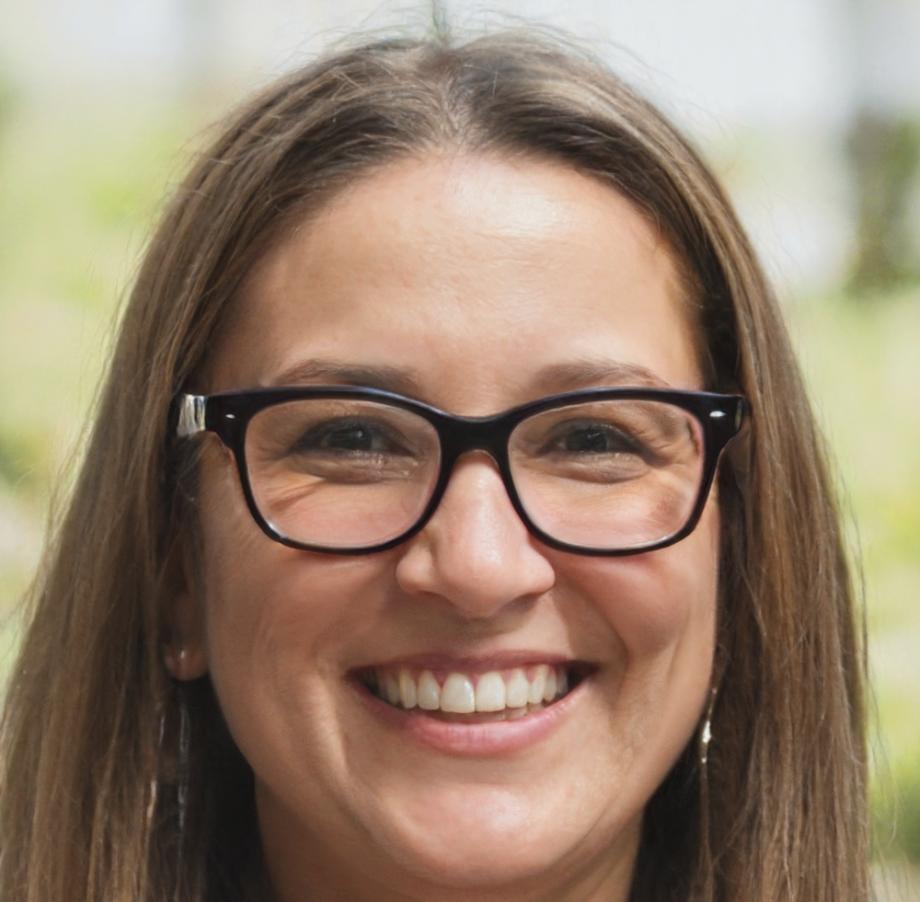Smart Money Habits Start Here
Building financial confidence doesn't happen overnight. But with the right approach and a bit of patience, you can develop habits that genuinely improve how you manage your budget and investments. We've spent years working with people across Ireland who want practical advice—not complicated jargon.
Build Your Foundation Before Anything Else
You wouldn't build a house without laying proper groundwork first. Same goes for your finances. Most people jump straight into investment strategies or complex budgeting apps before they understand their actual spending patterns.
Take three months to simply track where your money goes. Not to judge yourself—just to see. Write it down in a notebook if that works better than an app. You'd be surprised how much clarity this brings.

Three Approaches That Actually Work
The 50-30-20 Framework
Allocate 50% to essentials, 30% to things you enjoy, and 20% to savings or debt. It's not perfect for everyone, but it gives you a starting point that's flexible enough to adjust as life changes.
Pay Yourself First
Set up an automatic transfer on payday. Even €50 makes a difference. When the money moves before you see it, you won't spend it. Simple psychology that works surprisingly well.
Small Wins Add Up
Don't aim for perfection. If you manage to save €100 one month instead of your usual €200, that's still progress. Beating yourself up about it just makes you want to quit entirely.
What We've Learned From Real Experience
Our team at Xylar Folux has worked with hundreds of people navigating budget challenges and investment questions. Here's what two of our advisors have noticed over the years.

Caolan Dempsey
Budget Planning Advisor
Most folks who struggle with saving aren't spending recklessly—they just haven't created a system that makes sense for their lifestyle. Once we figure out what actually matters to them, the rest falls into place much easier.

Saoirse Coughlan
Investment Specialist
I always tell new clients: don't invest money you might need in the next two years. Sounds obvious, but you'd be amazed how many people put emergency funds into stocks and then panic when the market dips.
Practical Tools You Can Use Today
These aren't complicated strategies that require spreadsheets or financial degrees. Just straightforward methods that help you make better decisions with your money—whether you're just starting out or trying to improve habits you've had for years.
Separate Accounts for Different Goals
Open a second savings account for specific goals—holiday fund, car repairs, whatever. When you see that money growing separately, it's much harder to dip into it for random purchases. Plus, it feels good watching those numbers climb.
Weekly Money Check-Ins
Spend 10 minutes every Sunday reviewing what you spent that week. Not to stress yourself out—just to stay aware. When you do this regularly, you catch problems before they become serious and you start making better choices naturally.
The 24-Hour Rule for Big Purchases
Thinking about buying something over €100? Wait a full day before you do it. If you still want it tomorrow, go ahead. But you'd be surprised how often that urge fades once you sleep on it.
Start with Index Funds
If you're new to investing, index funds are your friend. They spread your money across many companies automatically, which reduces risk. You won't get rich overnight, but you also won't lose everything if one company tanks.
